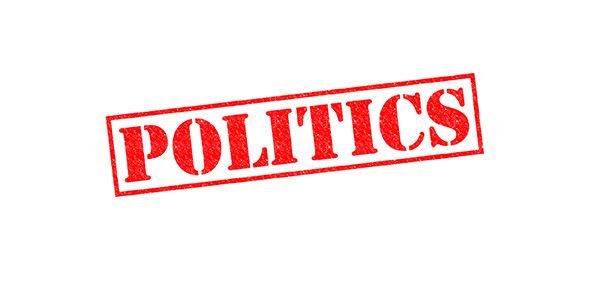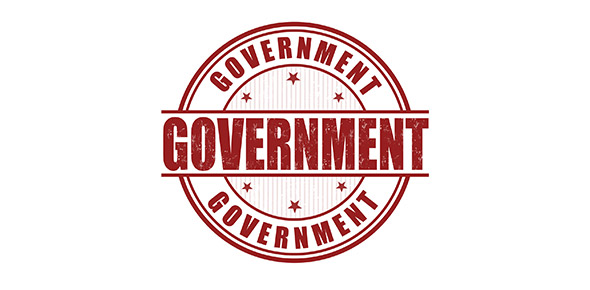Related Flashcards
Related Topics
Cards In This Set
| Front | Back |
|
Nations
|
Groups with a shared identity that also share or seek to share a territory and government
|
|
States
|
Ongoing administrative apparatuses that control territory and monopolize the use of force to govern
|
|
Modernization
|
The transformation from poor agrarian to wealthy industrial societies
|
|
Regime
|
A set of fundamental rules and institutions that govern political activity
|
|
Civil society
|
The sphere of organized, nonviolent activity by family or individual firm, interest groups are familiar elements of civil society
|
|
Political economy
|
The study of the interaction between political and economic phenomena
|
|
Empirical theory
|
An argument that explains what actually occurs, first notice and describe a pattern, then attempt to explain what causes it
|
|
Normative theory
|
An argument that explains what ought to occur
|
|
Single case study
|
Examines a particular political phenomenon in just one country or community and can generate ideas for theories or test theories developed from different cases, cannot provide definitive proof, but gives depth and can suggest further research
|
|
Multiple case studies
|
Examine the same phenomenon in several cases and try to mimic laboratory conditions by carefully selecting cases that are similar in many ways but differ in the way being studied, generates new ideas and insights that can lead to new theories
|
|
Quantitative statistical techniques
|
Used to systematically compare a huge number of cases when evidence can be reduced to sets of numbers, can elucidate broad patterns , show the tendency of two or more phenomena to vary together
|
|
Rational Choice Theory
|
Political actors bring a set of self-defined interests, adequate knowledge and ability to pursue those interests, and rationality to the political arena, difficult to predict future activity, hard to explain variation across cases
|
|
Psychological Theory
|
Non-rational influences explain political behavior, explain behavior by understanding personal background and psychological state
|
|
Political culture
|
A set of widely held attitudes, values, beliefs, and symbols about politics
|
|
Political socialization
|
The process through which people, especially young people, learn about politics and are taught a society's common political values
|





